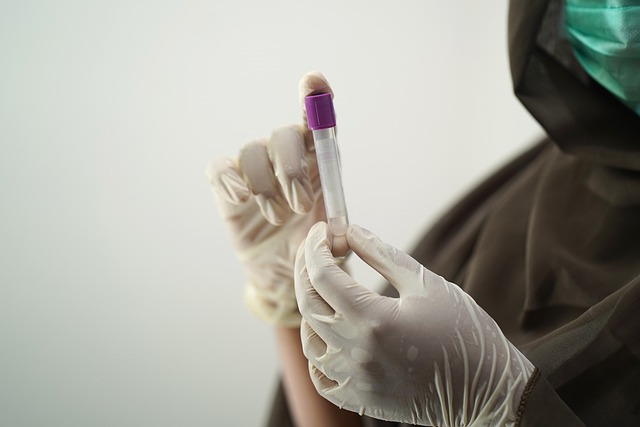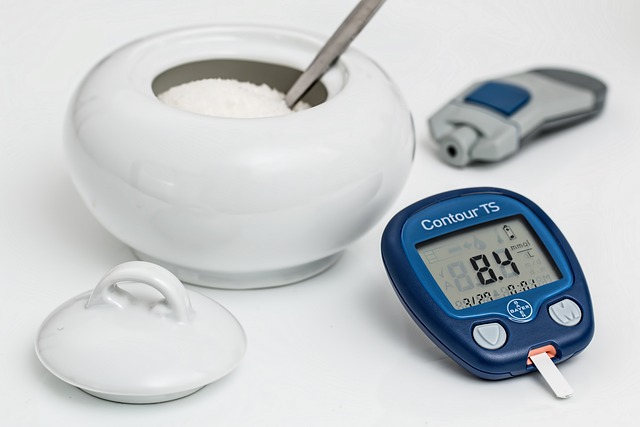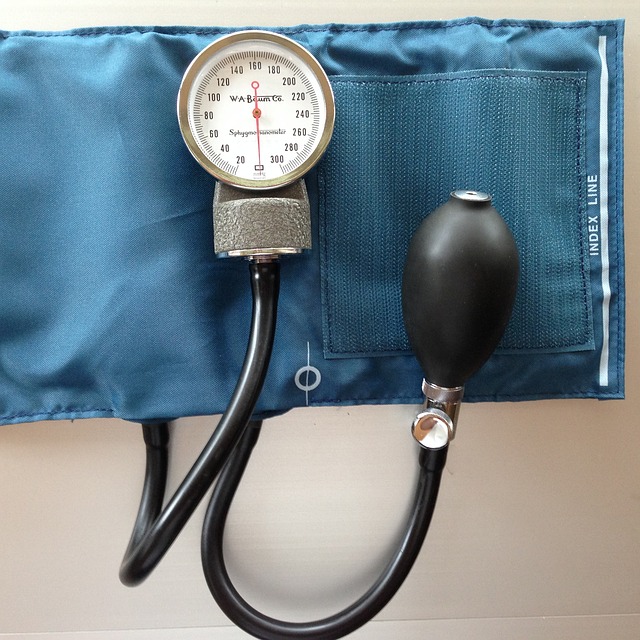The Cholesterol Blood Test UK is a fundamental diagnostic tool for assessing heart health by measuring levels of total cholesterol, LDL (bad) cholesterol, and HDL (good) cholesterol. This simple test, involving a fasting blood sample from the arm, provides vital information on an individual's cardiovascular risk. In the UK, healthcare professionals recommend this test as part of preventive healthcare to monitor cholesterol levels, aiming for total cholesterol under 5 mmol/L, LDL under 3 mmol/L, and HDL above 1 mmol/L. Maintaining these levels is crucial for reducing the risk of heart disease and stroke. Regular testing and interpretation by healthcare professionals help guide lifestyle changes or medical treatments, ensuring that cholesterol levels remain within healthy ranges and supporting overall cardiovascular health. The Cholesterol Blood Test UK thereby plays a significant role in the early identification and management of cardiovascular disease risk factors.
Maintaining cardiovascular health is a cornerstone of overall well-being, and one pivotal aspect of this is monitoring cholesterol levels. A simple yet informative blood test, known as the Cholesterol Blood Test UK, offers insights into your lipid profile, guiding you towards healthier lifestyle choices or necessary medical interventions. This article delves into the significance of cholesterol measurements, the straightforward process of obtaining these readings in the UK, and interpreting the results to inform and enhance your health journey. Understanding cholesterol’s role in your body is a critical step towards maintaining its optimal balance.
- Understanding Cholesterol Levels and Their Importance in Health
- The Process of Measuring Cholesterol: What to Expect from a Cholesterol Blood Test in the UK
- Interpreting Your Results: What Do Your Cholesterol Numbers Say About Your Health?
Understanding Cholesterol Levels and Their Importance in Health

Comprehending cholesterol levels is pivotal for maintaining cardiovascular health. Cholesterol, a waxy substance found in the bloodstream, is naturally produced by the body and is also obtained from dietary sources. It plays a critical role in cell function, helping to maintain membrane structure and produce hormones and bile acids. However, an imbalance can lead to plaque buildup within arteries, increasing the risk of heart disease and stroke. In the UK, healthcare professionals frequently recommend a cholesterol blood test as a diagnostic tool to measure the levels of low-density lipoprotein (LDL), often referred to as ‘bad’ cholesterol, and high-density lipoprotein (HDL), known as ‘good’ cholesterol. This test is crucial for identifying individuals at risk of cardiovascular problems. It allows for early intervention with lifestyle changes or medication if necessary. The cholesterol blood test UK is a simple, quick procedure that provides vital insights into an individual’s heart health profile, enabling proactive management of this key health indicator. Regular monitoring through this test can significantly reduce the likelihood of developing cardiovascular diseases, making it an indispensable part of preventive healthcare in the UK. Understanding one’s cholesterol levels, with the aid of such tests, empowers individuals to take charge of their heart health and overall well-being.
The Process of Measuring Cholesterol: What to Expect from a Cholesterol Blood Test in the UK

In the UK, monitoring cholesterol levels is a straightforward process that begins with a simple blood test, commonly known as a cholesterol blood test. This essential health check can provide valuable insights into an individual’s cardiovascular risk profile. The test itself involves taking a sample of blood from a vein, typically in your arm, after you have fasted for at least 12 hours to ensure accurate results. The healthcare professional will use a needle to draw blood, which is then sent to a laboratory for analysis. The process is quick and relatively painless; the healthcare provider will apply antiseptic to the area to prevent infection before inserting the needle.
Upon arrival at the laboratory, the sample undergoes a series of analyses to measure different types of cholesterol, including total cholesterol, low-density lipoprotein (LDL) cholesterol, known as ‘bad’ cholesterol, and high-density lipoprotein (HDL) cholesterol, often referred to as ‘good’ cholesterol. The results of the cholesterol blood test UK will help healthcare professionals assess your risk for heart disease and other related conditions. It is important to discuss these results with your GP or a qualified healthcare provider to understand what they mean for your health and to determine if any lifestyle changes or medical interventions are necessary. Regular monitoring, as recommended by healthcare professionals, is key to maintaining optimal cholesterol levels and supporting overall cardiovascular health.
Interpreting Your Results: What Do Your Cholesterol Numbers Say About Your Health?

Understanding your cholesterol levels is pivotal for maintaining cardiovascular health. When you undergo a cholesterol blood test in the UK, which is a routine diagnostic procedure, your results are expressed in terms of millimoles per litre (mmol/L). Total cholesterol should ideally be less than 5 mmol/L. This includes the low-density lipoprotein (LDL) cholesterol, often referred to as “bad” cholesterol, which should preferably be below 3 mmol/L for optimal heart health. High-density lipoprotein (HDL), on the other hand, known as “good” cholesterol, typically should be above 1 mmol/L, with higher levels being associated with a reduced risk of cardiovascular disease. Triglycerides, another type of fat found in the blood, should be less than 1.7 mmol/L, as high levels can increase the risk of coronary artery disease. If your LDL cholesterol is elevated, lifestyle changes such as diet modification and regular exercise are often recommended. In some cases, medication may be prescribed to manage cholesterol levels effectively. Interpreting these numbers is not always straightforward; thus, it’s advisable to discuss them with a healthcare professional who can provide personalised advice based on your overall health profile and risk factors. The cholesterol blood test UK is an invaluable tool for early detection and prevention of cardiovascular diseases, offering insights into your vascular health that can guide you towards making informed decisions about your well-being.
Monitoring cholesterol levels through a simple blood test is a critical step in maintaining cardiovascular health. In the UK, the cholesterol blood test is a readily accessible tool that provides insightful data on an individual’s cholesterol profile, guiding both personal and medical decisions to support well-being. By understanding the significance of cholesterol levels and the process involved in obtaining a cholesterol blood test in the UK, individuals can proactively manage their health risks. Interpreting your results with guidance from healthcare professionals ensures that you take informed actions towards a healthier lifestyle. Regular monitoring is key to maintaining optimal cholesterol levels, which in turn contributes to reducing the risk of cardiovascular disease—a non-negotiable aspect of comprehensive health care.
